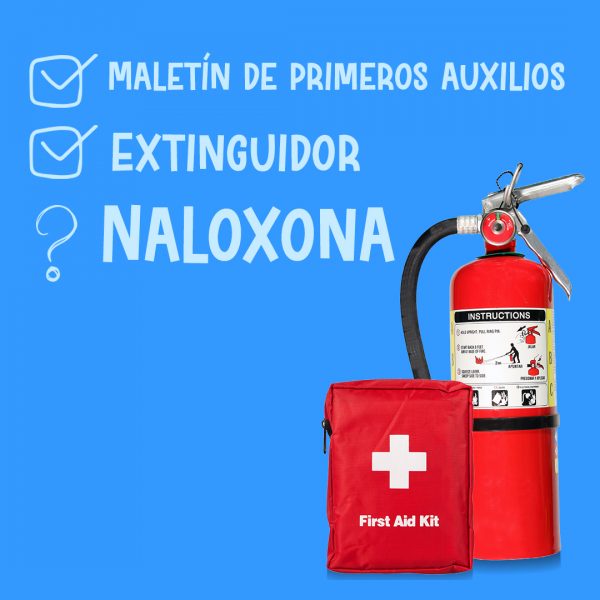Every year on August 31st, the world unites for International Overdose Awareness Day (IOAD). This powerful day transcends borders, languages, and backgrounds, serving as a crucial platform for remembrance, education, and action. It’s a day to honor the countless individuals lost to overdose, a day to acknowledge the ongoing struggle with substance use disorder (SUD), and a day to celebrate the strength and resilience of those seeking recovery.
Closer to home, Coloradans have taken up the cause, organizing moving candlelight vigils, memorial events, and educational campaigns. These are grassroots driven and deeply personal, like when Pueblo residents created an ofrenda memorial. Other events demand action, such as events at the statehouse and city halls. Communities as large as Denver, Colorado Springs, and Grand Junction have hosted events – as have towns like Estes Park, Alamosa, and Creede.
A Day of Remembrance and Solidarity
The seeds of IOAD were sown in 1999 by a group of friends and family members who had all been personally affected by overdose. Their grief ignited a passion to raise awareness and reduce the stigma surrounding this tragic issue. Over the years, IOAD has blossomed into a global movement with hundreds of events each year.
Sadly, we continue to lose more people. Here in Colorado, 1,865 people died from overdoses in 2023, according to the Colorado Department of Public Health and Environment (CDPHE). Nationally, overdoses killed more than 107,500 people in 2023, which translates into more than 300 deaths a day. According to the latest survey from the Substance Abuse and Mental Health Services Administration, about 27.2 million Americans battled a drug use disorder in 2022. And these numbers might be even higher due to underreporting.
Libraries: Beacons of Hope and Education
In the fight against overdose, unexpected heroes are emerging. Public libraries, often seen as bastions of literature and learning, are increasingly becoming valuable resources in overdose prevention. Libraries are community hubs, often located in areas disproportionately affected by substance use, and they offer a safe and accessible space for education, outreach, and harm reduction.
Libraries can further amplify their impact by:
- Expanding educational resources: stocking shelves with informational materials on addiction, recovery options, and harm reduction strategies like naloxone administration.
- Hosting educational workshops: partnering with local health departments or addiction treatment centers to offer workshops on overdose prevention and recognizing the signs of SUD.
- Connecting individuals with support services: providing referrals and information on local treatment facilities, support groups, and mental health resources.
- Advocating for harm reduction initiatives: supporting the availability of naloxone and promoting its use through educational programs.


Standing Together: Resources and Support
Beyond libraries, several organizations are dedicated to combatting the opioid crisis and aiding those struggling with SUD.
- The Colorado Consortium for Prescription Drug Abuse Prevention: This coalition of stakeholders works tirelessly to prevent prescription drug misuse and overdose deaths through education, advocacy, and policy change. You can find resources and information on treatment options and prevention strategies on their website.
- The Colorado Consortium’s Affected Families and Friends Work Group has created a resource page to help loved ones navigate resources available in Colorado. These resources, which Sarah Werner and Tracey Ritter, the Work Group Co-Chairs, hope will be helpful to others on similar journeys, are curated to what they wish they had known while supporting their loved one during their substance use disorder.
- The Colorado Naloxone Bulk Fund from CDPHE: This program offers financial assistance to local organizations and agencies for the purchase and distribution of naloxone, a medication that can reverse opioid overdose. By ensuring wider availability of naloxone, the program aims to save countless lives.
Remembering with Respect, Honoring Recovery
On IOAD and throughout the year, communities can commemorate those lost to overdose in several ways:
- Organizing candlelight vigils: These gatherings create a space for shared grief and remembrance, allowing loved ones and the community to come together in support.
- Sharing stories of hope and recovery: Highlighting the stories of individuals in recovery helps to challenge the stigma surrounding SUD and celebrates the strength of those who overcome addiction.
- Advocating for increased funding for treatment services: By advocating for accessible and affordable treatment options, we can provide a lifeline to those struggling with SUD.
A Call to Action: Ending Stigma and Saving Lives
International Overdose Awareness Day serves as a powerful call to action. It’s a day to remember those lost, a day to educate ourselves and others, and a day to advocate for change. By breaking down the stigma surrounding SUD, expanding access to treatment services, and promoting harm reduction strategies, we can make a significant impact on this public health crisis.
Let’s use IOAD as a springboard to foster a more compassionate and supportive environment for those battling substance use disorder. Let’s remember the lives lost with respect, celebrate the resilience of those in recovery, and work together to create a future where overdose is a preventable tragedy, not an inevitable outcome.
***
This post was authored by Hilary Bryant, Program Manager, at Colorado Consortium for Prescription Drug Abuse Prevention. She can be reached at hilary.bryant@cuanschutz.edu

Colorado libraries should keep lookout for materials from the Consortium as well as from other public health and state agencies about opioid addiction, fentanyl risks, public awareness opportunities, potential grant funding, and more. If you have any questions about how Colorado State Library can help you and your community connect with these and other resources, email Cristy Moran, Adult Library Services Senior Consultant, at moran_c@cde.state.co.us